A Strategic Shift in U.S. Military Operations
In response to the growing Islamist insurgency in West Africa, the United States is shifting its military strategy by planning military drone bases along the West African coast.
This move, primarily focused on Ghana, Ivory Coast, and Benin, comes as a part of an urgent effort to counter the spread of al Qaeda and Islamic State in the region, reports the WSJ.
Countering the Islamist Advance
The U.S. decision is grounded in the need to strengthen surveillance and support local troops against militant movements that have surged south from the Sahel region, specifically from Mali, Burkina Faso, and Niger.
These Sahelian Countries, once central to U.S. and French security efforts, have become hotbeds of jihadist violence, with an estimated 41,000 fatalities since 2017.
The Role of Drone Bases in West African Security
The proposed unmanned reconnaissance drones will provide aerial surveillance and tactical advice to local forces during combat operations.
This strategy indicates a U.S. belief that Mali and Burkina Faso are now beyond Western aid’s reach, and concerns over Niger’s reliability following a July coup.
The Global Epicenter of Islamist Violence
Africa, particularly its western region, has emerged as the global focal point for Islamist violence. Groups like Jama’at Nusrat al-Islam wal Muslimin (JNIM), an al Qaeda affiliate, pose a significant threat. Benin, especially, has experienced a notable increase in militant attacks.
Challenges and Regional Impact
The change in U.S. strategy comes amid a wave of military coups in the Sahel, which has disrupted previous efforts of deploying American commandos for training local units.
The coups also triggered U.S. laws limiting security assistance to military juntas, necessitating a strategic pivot.
U.S. Military Retrenchment and Future Plans
The U.S. is considering basing drones at strategically located airfields in Ghana, Ivory Coast, and Benin. This move could enhance the surveillance of borders and aid in countering insurgent activities without the high cost of drone fleet ownership for these nations.
Diplomatic and Military Efforts
Amid these developments, U.S. diplomats are working to persuade the Nigerien junta towards a swift return to elected government, potentially resuming U.S. military aid. Meanwhile, the focus shifts to the coastal West African states, with the U.S. redirecting security assistance to these regions.
The Larger Picture
This strategic realignment by the U.S. underscores the complexity and evolving nature of global security challenges, particularly in regions vulnerable to insurgent movements.
The decision to base drones in West African coastal states not only reflects a tactical shift but also highlights the broader geopolitical dynamics at play in a region grappling with the scourge of Islamist militancy.



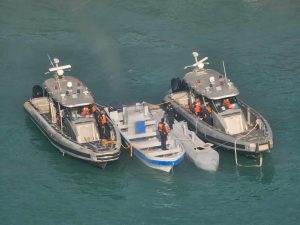







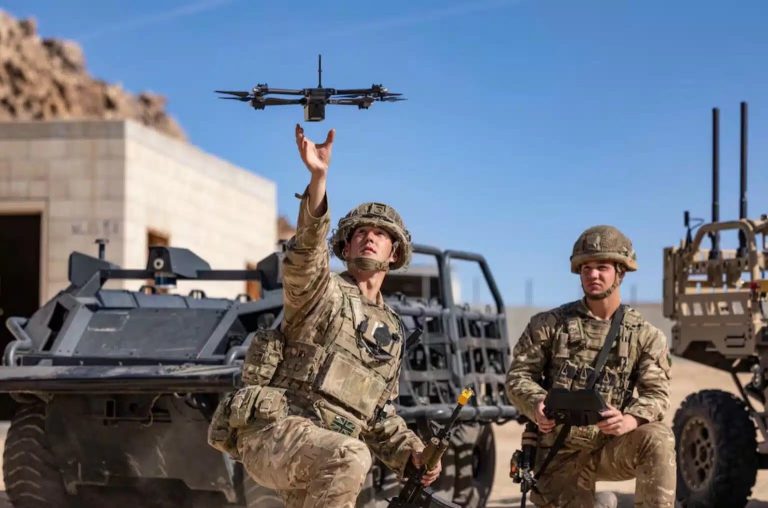
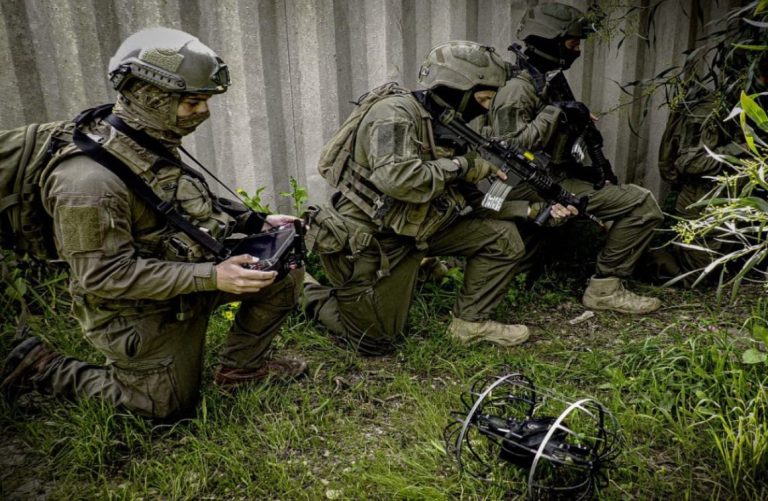





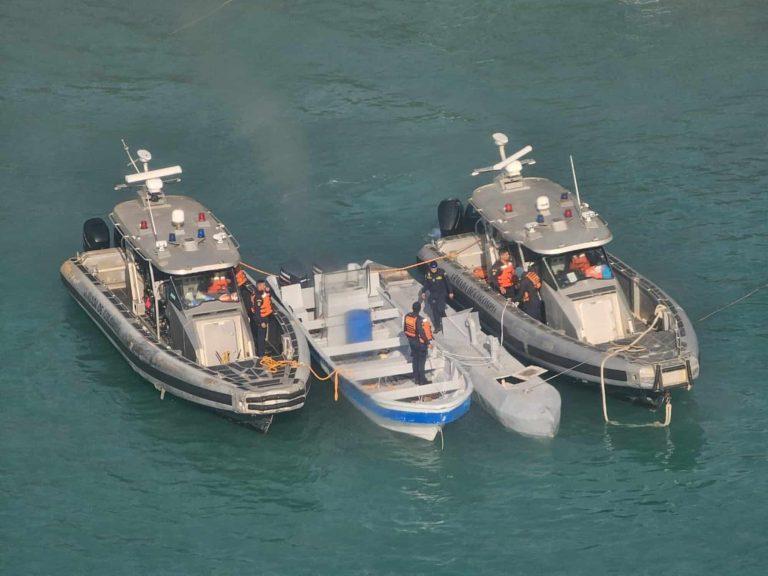
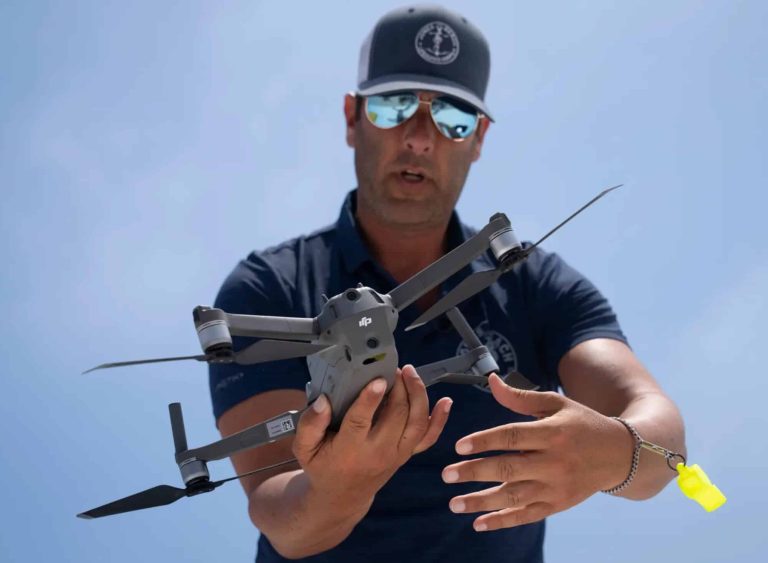

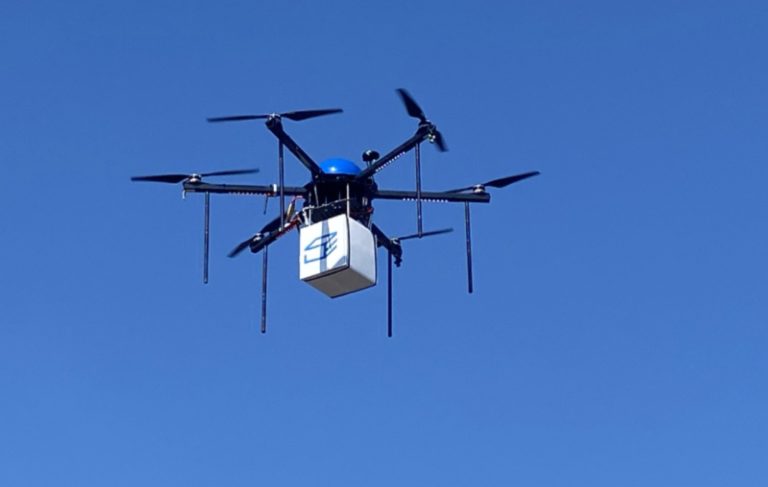

+ There are no comments
Add yours